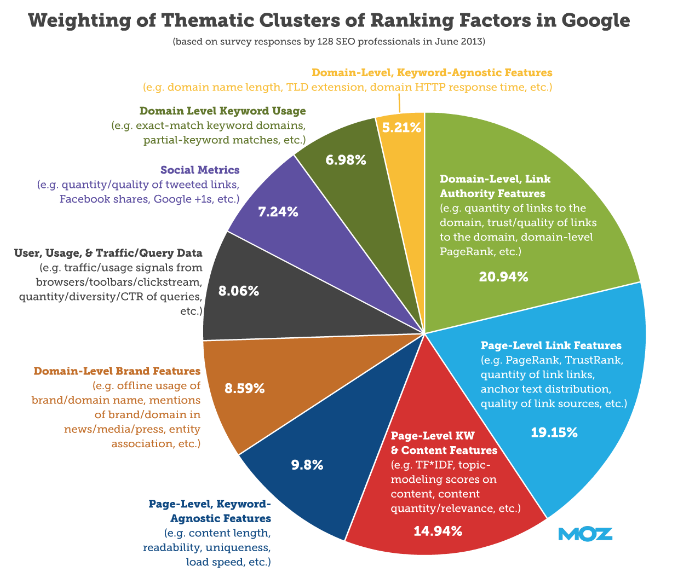Effective SEO Tactics to Drive Traffic to Your Website
In today’s digital age, mastering effective SEO strategies is essential for driving traffic to your website. With millions of websites competing for attention, understanding and implementing SEO techniques can make the difference between being seen and being ignored. This guide will delve into various effective SEO strategies to boost your site’s visibility and traffic.
Understanding SEO Basics
Before diving into specific tactics, it’s crucial to understand what SEO (Search Engine Optimization) is.

SEO involves optimizing your website to rank higher in search engine results pages (SERPs). Higher rankings lead to increased visibility, which translates to more organic traffic.
Unlock your site’s potential with this free trial – start optimizing today!
Keyword Research: The Foundation of Effective SEO Strategies
Importance of Keyword Research
Keyword research is the cornerstone of effective SEO strategies. By identifying the right keywords, you can tailor your content to meet the needs and queries of your target audience.
- Use tools like Google Keyword Planner, SEMrush, and Ahrefs to find relevant keywords.
- Focus on long-tail keywords, which are less competitive and more targeted.
- Analyze competitors to identify keyword opportunities.
On-Page SEO: Optimizing Your Content
On-page SEO involves optimizing individual web pages to rank higher and earn more relevant traffic. This includes both the content and HTML source code of a page.
Title Tags and Meta Descriptions
Title tags and meta descriptions are crucial elements of on-page SEO. They provide search engines and users with a snapshot of your page’s content.
- Incorporate primary keywords naturally into your title tags.
- Write compelling meta descriptions that include keywords and encourage clicks.
Header Tags and Keyword Placement
Using header tags (H1, H2, H3, etc.) helps organize your content and makes it easier for search engines to understand its structure.
- Place primary keywords in your H1 tag.
- Use H2 and H3 tags for subheadings, incorporating secondary keywords.
Content Quality: The Heart of Effective SEO Strategies
High-quality content is essential for effective SEO strategies. It not only helps with search engine rankings but also engages and retains visitors.
Creating Engaging Content
- Write comprehensive and informative articles that answer user queries.
- Use a mix of text, images, and videos to make your content more engaging.
- Update your content regularly to keep it fresh and relevant.
Avoiding Keyword Stuffing
While keywords are important, overusing them (keyword stuffing) can harm your SEO efforts.
- Maintain a natural keyword density.
- Focus on user experience and readability.
Boost your traffic with this powerful SEO tools – try it free now!
Technical SEO: Enhancing Website Performance
Technical SEO refers to optimizing your website’s infrastructure to help search engines crawl and index your site more effectively.
Improving Site Speed
Site speed is a critical ranking factor. A slow website can negatively impact user experience and SEO.
- Compress images and use a content delivery network (CDN) to enhance speed.
- Minimize HTTP requests and leverage browser caching.
Mobile Optimization
With the increasing use of mobile devices, having a mobile-friendly website is crucial.
- Use responsive design to ensure your site looks good on all devices.
- Test your site using Google’s Mobile-Friendly Test tool.
Off-Page SEO: Building Authority
Off-page SEO involves activities outside your website to improve its authority and rankings.
Link Building
Link building is a vital component of effective SEO strategies. It involves acquiring backlinks from other reputable websites.
- Create high-quality content that others want to link to.
- Reach out to industry influencers and bloggers for guest posting opportunities.
- Use tools like Moz’s Link Explorer to identify potential link-building opportunities.
Social Media Engagement
Social media can drive traffic and increase your website’s visibility.
- Share your content on various social media platforms.
- Engage with your audience by responding to comments and messages.
- Use social media advertising to reach a broader audience.
Local SEO: Targeting Local Audiences
If your business serves a local audience, optimizing for local SEO is essential.
Google My Business
Creating and optimizing a Google My Business (GMB) listing can significantly boost your local SEO efforts.
- Ensure your GMB listing is complete and accurate.
- Encourage satisfied customers to leave reviews on your GMB page.
Local Keywords
Incorporate local keywords into your website content to attract local search traffic.
- Use city and region names in your keywords.
- Create location-specific pages if you have multiple business locations.
Experience the benefits of effective SEO strategies – get your free trial today!
Analytics and Continuous Improvement
Monitoring your SEO performance is crucial for continuous improvement.
Using Google Analytics
Google Analytics is a powerful tool for tracking your website’s performance.
- Monitor organic traffic and user behavior.
- Identify high-performing pages and areas needing improvement.
Adapting and Evolving
SEO is an ongoing process. Stay updated with the latest SEO trends and algorithm changes to maintain and improve your rankings.
- Follow industry blogs and forums for updates.
- Attend SEO conferences and webinars.
Conclusion
Implementing effective SEO strategies is vital for driving traffic to your website. By focusing on keyword research, on-page and technical SEO, content quality, off-page SEO, and continuous improvement, you can significantly enhance your website’s visibility and attract more visitors. Remember, SEO is a long-term investment, and the results will come with consistent effort and adaptation to changing trends.
Transform your website’s visibility with this free trial – sign up now!




